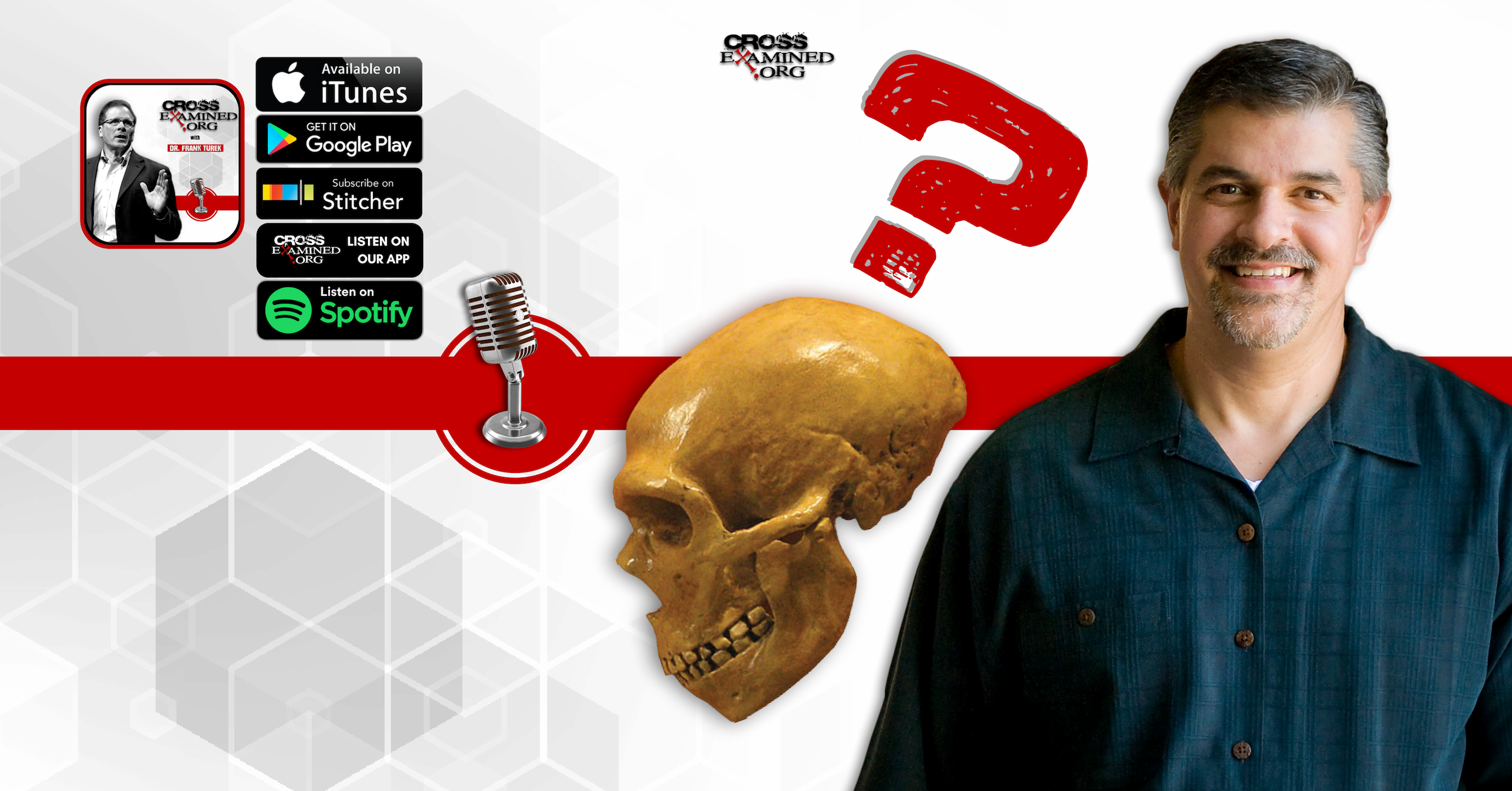Is Apologetics “Anti-Faith”?
Often, I see other Christians objecting to the use of apologetics altogether. They will usually say that faith doesn’t require evidence, or it’s not faith.
But is that the case? If we look at the word “faith” itself, we can get a clearer picture of what the Bible is actually talking about.
First, faith comes from the Latin “fides,” which means “good trust.” But the Greek word used in the New Testament is “pisteuo,” which means to have confidence in or to credit the thing believed in. The other greek word used for faith is “pistis,” which means “conviction of the truth of anything”[1].
So faith is trust, and trust is object centered. You put your trust in something. But does God require a blind trust or has He given evidence that we can put our trust in? As always, we must consult scripture.
First, Jesus says in John 10:24-26
“So the Jews gathered around him and said to him, “How long will you keep us in suspense? If you are the Christ, tell us plainly.” 25 Jesus answered them, “I told you, and you do not believe. The works that I do in my Father’s name bear witness about me, 26 but you do not believe because you are not among my sheep.”
And again in vs. 36-38, Jesus says
“do you say of him whom the Father consecrated and sent into the world, ‘You are blaspheming,’ because I said, ‘I am the Son of God’? 37 If I am not doing the works of my Father, then do not believe me; 38 but if I do them, even though you do not believe me, believe the works, that you may know and understand that the Father is in me and I am in the Father.”
What about Thomas? Jesus told him blessed are those who have not seen and yet believed — but not seen what? The resurrected Jesus. But, what did Thomas see in the time he spent with Jesus? Healing of the sick, raising of the dead, casting out of demons, feeding of 4k and 5k, etc. Shouldn’t then, Thomas have believed when Jesus told the disciples ahead of time that he would suffer, die, and on the 3rd day rise again? Jesus gave evidence.
What about John the Baptist? In Matthew 11, we see the following:
“Now when John heard in prison about the deeds of the Christ, he sent word by his disciples 3 and said to him, “Are you the one who is to come, or shall we look for another?” 4 And Jesus answered them, “Go and tell John what you hear and see: 5 the blind receives their sight and the lame walk, lepers are cleansed, and the deaf hear, and the dead are raised up, and the poor have good news preached to them. 6 And blessed is the one who is not offended by me.”
The apostle Paul wrote to the Philippian Christians:
“7 It is right for me to feel this way about you all, because I hold you in my heart, for you are all partakers with me of grace, both in my imprisonment and in the defense and confirmation of the gospel.” Phil 1:7
There are many more passages in the NT that admonish us to offer a defense (apologia) for the Gospel we preach. But the one that gives us the direct command is 1 Peter 3:15:
“but in your hearts honor Christ the Lord as holy, always being prepared to make a defense(apologia) to anyone who asks you for a reason for the hope that is in you; yet do it with gentleness and respect.”
In John 20, the apostle writes ” Now Jesus did many other signs in the presence of the disciples, which are not written in this book; 31 but these are written so that you may believe that Jesus is the Christ, the Son of God and that by believing you may have life in his name.”
Acts 1:3 tells us, “He presented himself alive to them after his suffering by many proofs, appearing to them during forty days and speaking about the kingdom of God.”
God has not left us without evidence of the truth. It becomes clear that we as Christians need to know what we believe, why we believe it, and how to articulate that truth.
“For what can be known about God is plain to them, because God has shown it to them. 20 For his invisible attributes, namely, his eternal power and divine nature, have been clearly perceived, ever since the creation of the world, in the things that have been made. So they are without excuse.” Romans 1:19-20
Original Blog Source: http://bit.ly/2KePWBR












Leave a Reply
Want to join the discussion?Feel free to contribute!